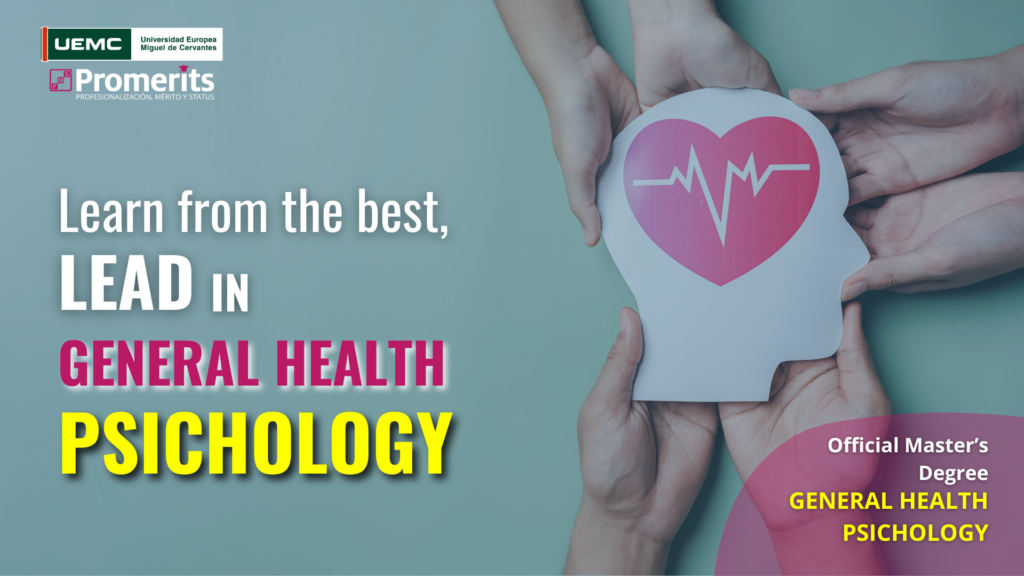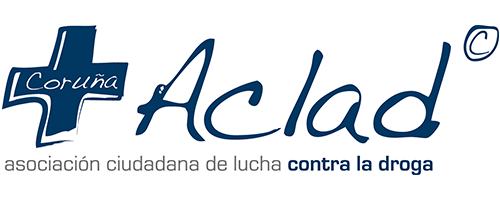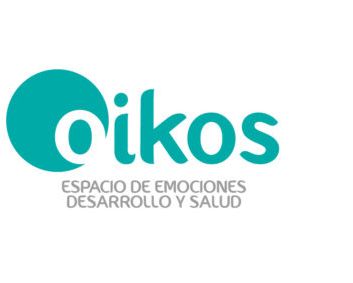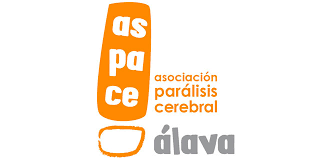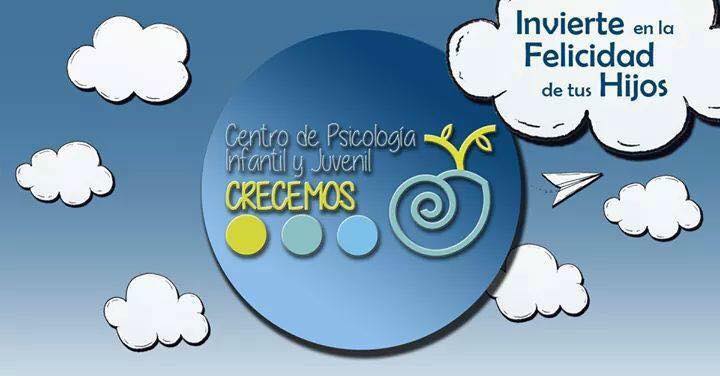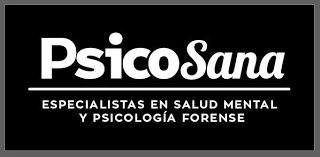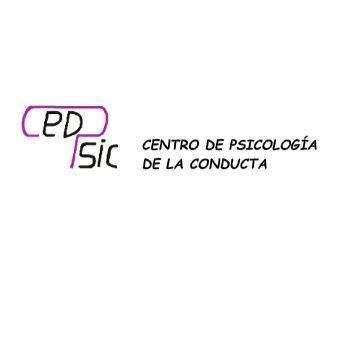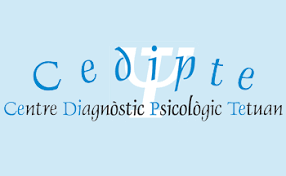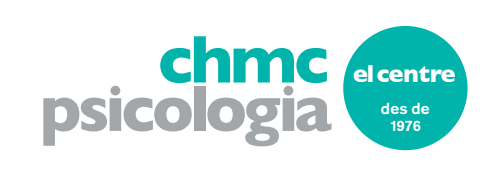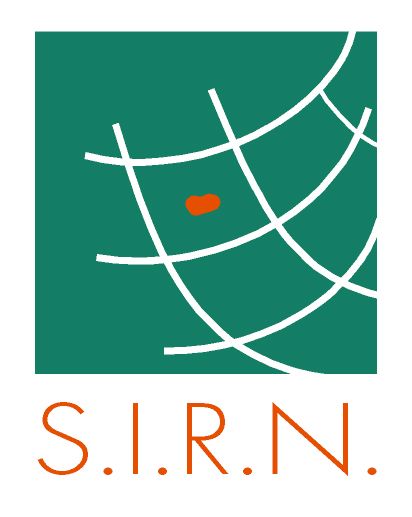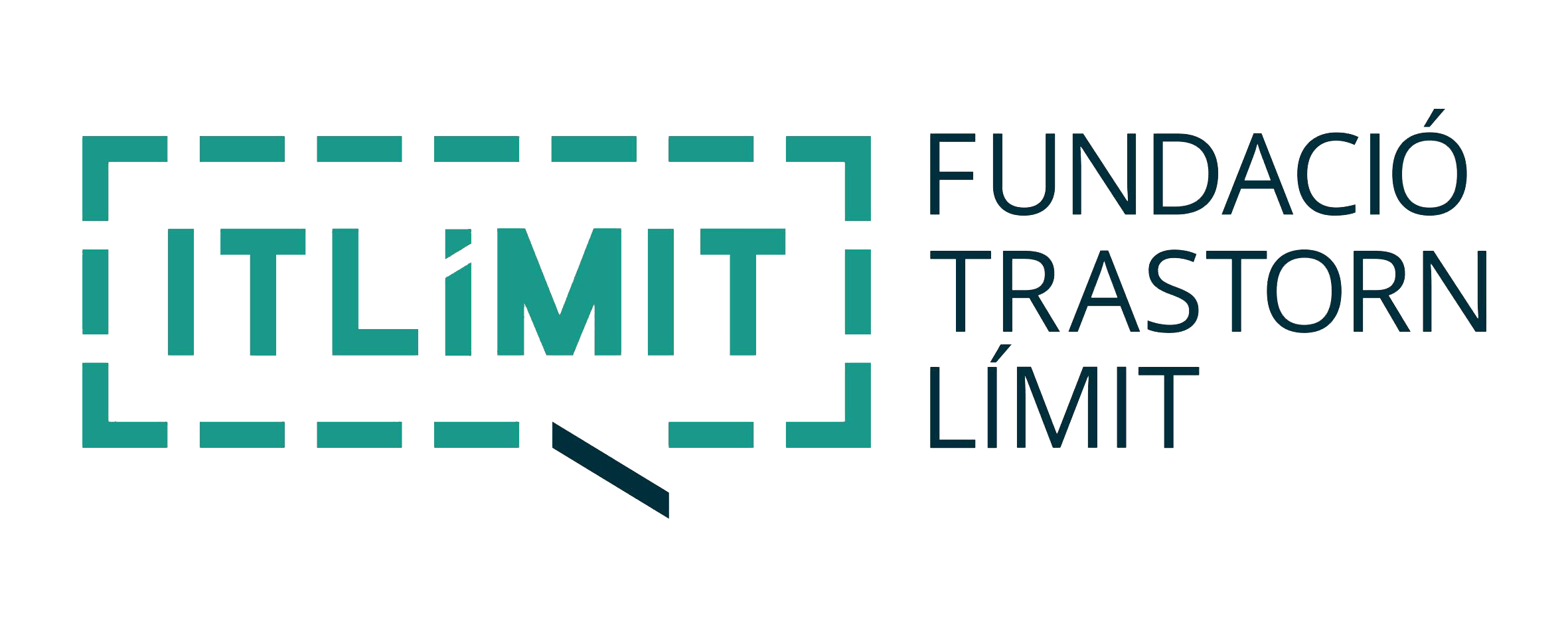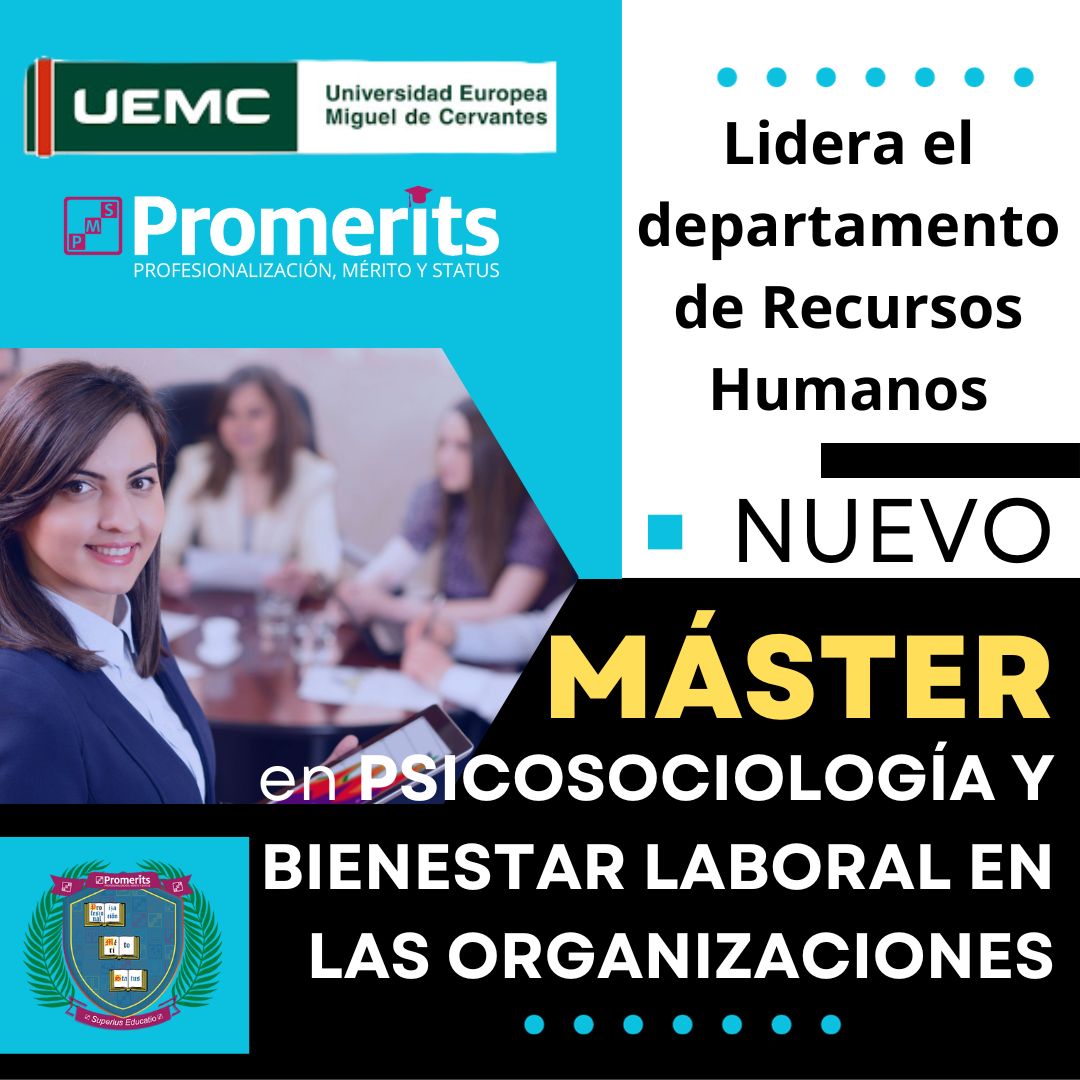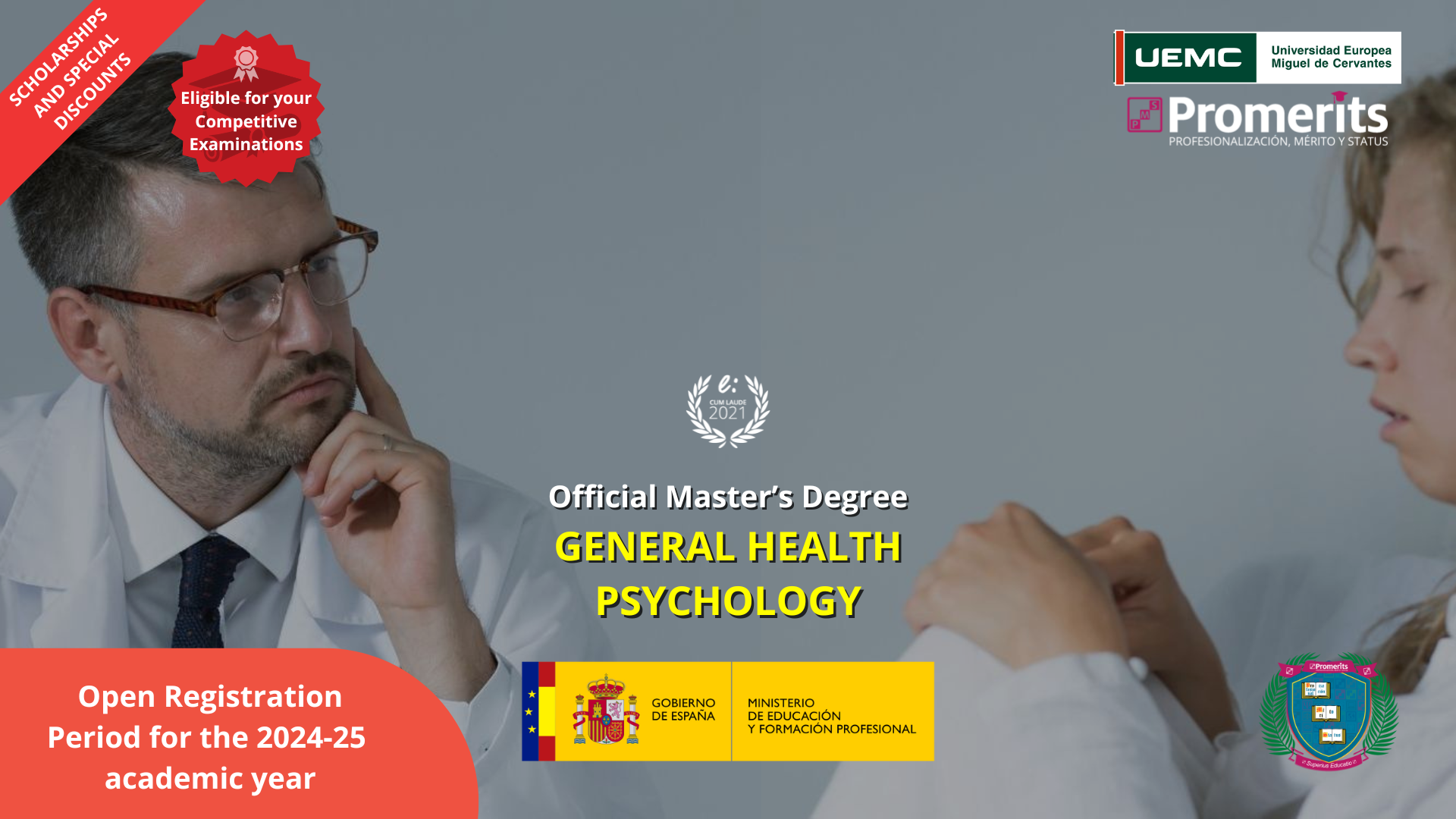

Only available in Spanish
The Official Master’s Degree in General Health Psychology aims to train future health psychologists in the assessment, diagnosis, treatment and prevention of emotional and behavioural problems.
It is the only Official Master’s Degree that QUALIFIES students to practise the profession of General Health Psychologist.
The Master’s Degree in General Health Psychology has the best professionals and specialists in General Health Psychology, all of them with extensive experience in the practice of Clinical and Health Psychology, both in research and in professional practice.
Teaching is face-to-face, with weekend classes. The practical classes take place in facilities equipped with state-of-the-art technology such as the Gesell Chamber, the testeca and Virtual Reality technology. All of them are located in the Psychological Assessment and Intervention Unit at the UEMC campus in Valladolid. Students of the Master’s Degree in General Health Psychology carry out 750 hours of practical work. The external clinical internships take place in specialised health centres, always under the supervision of an external professional tutor and an internal tutor who guides the student throughout the process.
Teaching is face to face, with weekend classes.
Start date: FEBRUARY 2022
End: JULY 2023

The practical classes take place in facilities equipped with state-of-the-art technology such as the Gesell Chamber, the testeca and Virtual Reality technology. All of them are located in the Psychological Assessment and Intervention Unit at the UEMC campus in Valladolid.
Students of the Master’s Degree in General Health Psychology carry out 750 hours of practical work. The external clinical internships take place in specialised health centres, always under the supervision of an external professional tutor and an internal tutor who guides the student throughout the process.
CLINICAL PRACTICES take place in Specialised Health Centres under the supervision of a Clinical Health Psychologist.
Learn from the best professionals and specialists in General Health Psychology, all of them with extensive experience in the practice of Clinical and Health Psychology.
This is an Official University Degree published in the BOE 17/12/2019 and with RUCT code: 4316953.
The seventh additional provision of Law 33/2011, of 4 October, General Law on Public Health, establishes the profession of General Health Psychologist as a regulated profession, whose practice requires the possession of the corresponding official Master’s degree, obtained, in this case, in accordance with the provisions of article 15.4 of the aforementioned Royal Decree 1393/2007, of 29 October, in accordance with the conditions established in the Council of Ministers Agreement of 31 May 2013, published in <<the Official State Gazette of 4 June 2013>>.
The teaching staff is a perfect combination of Academics and Professionals in the field of Psychology.
The Official University Master’s Degree in General Health Psychology responds to the need detected to train professionals in the field of Clinical Psychology, providing the student with Operational and Practical Skills that will allow him/her to participate effectively in the Labor Market, resulting in a higher quality of life for patients with Mental Health problems.
Master's Degree Barable in competitive examinations
The only Official University Master's Degree that QUALIFIES to access the regulated profession of General Health Psychologist.
Therefore, we can affirm that our proposal is different, competitive and offers a complete and up-to-date training to train professionals in the area of GENERAL HEALTH PSYCHOLOGY.
Why study the Official University Master's Degree in GENERAL HEALTH PSYCHOLOGY?
- It is the only Official University Master’s Degree that qualifies you to access the regulated profession of General Health Psychologist.
- If you are a graduate in Psychology, you will be able to practice the profession of General Health Psychologist.
- Learn from the best professionals and specialists in General Health Psychology, all of whom have extensive experience in the practice of Clinical and Health Psychology.
- Carry out professional internships in the most prestigious Health Psychology Centres in Spain, always under the supervision of a Clinical Health Psychologist.
Objectives of this Official University Master's Degree
Learn the latest techniques in Clinical, Health and Sanitary Psychology and identify the biological, psychological and social variables of the different Psychopathological Disorders.
Learn how to conduct Clinical Interviews through direct observation and individual, couple and group therapies.
Experience how psychological diagnoses are made by applying tests, scales or questionnaires to children, adults or the elderly.
Prepares psychological research, evaluations and interventions on the behaviour of people in the promotion and improvement of their general state of health.
Develops the necessary skills to deal with the different problems that may arise in the exercise of the profession, as well as decision-making.
Professional opportunities
- The completion of the Master’s Degree in General Health Psychology is a prerequisite for practising the profession of General Health Psychologist in private health centres; as developed in the order ECD/1070/2013.
- Psychological care centres: child care, child development, victims of abuse or sexual aggression, analysis of the emotional state and behaviour of the elderly, people at risk of social exclusion, symptoms and treatment of grief processes, etc.
- Public health care centres (it is essential to pass the PIR) and private health care centres.
- Neuropsychological rehabilitation centres.
- Geriatric and old people’s homes.
- Associations or entities of relatives and patients with physical or mental illnesses.
- Physical or psychological rehabilitation and addiction treatment centres.
- Penitentiary institutions.
- Counselling and psychological assessment in family courts and forensic psychological expertise.
- Assisted reproduction clinics.
- Mutual insurance companies for accidents at work and occupational illnesses.
- Drivers’ examination centre and weapons licensing.
- Independent private practice as a health psychologist.
Entry requirements for this Official University Master's Degree in GENERAL HEALTH PSYCHOLOGY
If you are a graduate in Psychology, the Master’s Degree in General Health Psychology will qualify you to practice the regulated profession as a General Health Psychologist to work in Private and Public Health Centres, as stipulated in order ECD/1070/2013.
This Master’s Degree is aimed at working professionals who are looking to update their content and develop in the areas of Research, Evaluation and Psychological Intervention, where they can work in Psychological Care Centres, Health Centres that are not part of the Public Health System, Child Care Centres, Rehabilitation Centres for the Chronically Ill, Care Centres for the Disabled, Addiction Treatment Centres, Care Centres for the Elderly, etc.
– For GRADUATES IN PSYCHOLOGY:
The following will be VALIDATED as Health Credits:
- Basic subjects in Health Sciences.
- Subjects related to Personality, Psychological Assessment and Treatment and Psychobiology.
- Itineraries, mentions or optional subjects qualified by their link to Clinical Psychology, Health Psychology or Health Psychology.
- Subjects linked to Psychological Processes and Methodology that make it possible to acquire the competences prior to or complementary to those defined in section 2b of the Annex to order ECD/1070/2013, of 12 June.
If this requirement is not met, the student must take complementary training courses until the 90 health credits are completed. These complements may be obtained within the subjects of the Degree in Psychology at the Universidad Europea Miguel de Cervantes.
– For PSYCHOLOGY GRADUATES:
The following will be VALIDATED as Health Credits:
- Subjects related to Personality, Psychological Assessment and Treatment and Psychobiology.
- Specialisations, itineraries, intracurricular options or optional subjects in Clinical Psychology, Health Psychology or Health Psychology.
- Subjects linked to Psychological Processes and Methodology that make it possible to acquire the competences prior to or complementary to those defined in section 2b of the Annex to order ECD/1070/2013, of 12 June.
If this requirement is not met, the student must take complementary training courses until the 90 health credits are completed. These complements may be obtained within the subjects of the Degree in Psychology at the Universidad Europea Miguel de Cervantes.
Faculty/Teachers of the Official University Master's Degree
At Promerits we have an excellent teaching staff, all of whom are professors, PhDs and/or senior managers from leading Spanish and international companies, with extensive teaching and research skills, good knowledge of the subjects and syllabuses they teach, but also firm and respectful, enthusiastic and committed to flexibility and good communication with students, so that they can achieve their objectives within the framework of Excellence: Professionalism, Merit and Status.
Program
MÓDULO | ECTS | MATERIA | Carácter | ECTS | Semestre |
Módulo 1. Fundamentos científicos y profesionales de la Psicología Sanitaria | 6 | Fundamentos científicos y profesionales de la Psicología Sanitaria | Obligatorio | 6 | 1º |
Módulo 2. Evaluación, intervención y habilidades básicas en Psicología Sanitaria
|
30
| Evaluación e intervención en la infancia y la adolescencia | Obligatorio | 6 | 1º |
Evaluación e intervención en la vida adulta y el envejecimiento | Obligatorio | 6 | 1º | ||
Habilidades del profesional de la psicología sanitaria | Obligatorio | 6 | 1º | ||
Intervención comunitaria y salud pública | Obligatorio | 6 | 1º | ||
Evaluación y Rehabilitación Neuropsicológica | Obligatorio | 6 | 2º | ||
Módulo 3. Optativas*
|
12
| Psicofarmacología | Optativa | 4 | 2º |
Psicoterapias de tercera generación | Optativa | 4 | 2º | ||
Adicciones: evaluación e intervención | Optativa | 4 | 2º | ||
Psicología Oncológica | Optativa | 4 | 2º | ||
Trastornos alimentarios: evaluación e intervención | Optativa | 4 | 2º | ||
Peritaje Psicológico | Optativa | 4 | 2º | ||
Módulo 4. Trabajo Fin de Máster | 12 | Trabajo Fin de Máster | TFM | 12 | 3º |
Módulo 5. Prácticas externas | 30 | Prácticas externas | PE | 30 | 2º/3º |
(*) El alumno debe de cursar un total de 12 créditos de asignaturas optativas.
CB6 Poseer y comprender conocimientos que aporten una base u oportunidad de ser originales en el
desarrollo y/o aplicación de ideas, a menudo en un contexto de investigación.
CB7 Que los estudiantes sepan aplicar los conocimientos adquiridos y su capacidad de resolución de
problemas en entornos nuevos o poco conocidos dentro de contextos más amplios (o multidisciplinares)
relacionados con su área de estudio.
CB8 Que los estudiantes sean capaces de integrar conocimientos y enfrentarse a la complejidad de
formular juicios a partir de una información que, siendo incompleta o limitada, incluya reflexiones
sobre las responsabilidades sociales y éticas vinculadas a la aplicación de sus conocimientos y juicios.
CB9 Que los estudiantes sepan comunicar sus conclusiones -y los conocimientos y razones últimas
que las sustentan- a públicos especializados y no especializados de un modo claro y sin ambigüedades.
CB10 Que los estudiantes posean las habilidades de aprendizaje que les permitan continuar
estudiando de un modo que habrá de ser en gran medida autodirigido o autónomo
CG1 Adquirir, desarrollar y poner en práctica un concepto de salud integral, en donde tengan
cabida los componentes biopsicosociales de la misma, de acuerdo con las directrices establecidas por la
OMS.
CG2 Aplicar los fundamentos de la bioética y el método de deliberación en la práctica profesional,
ajustándose su ejercicio como profesional sanitario a lo dispuesto en la Ley 44/2003, de 21 de noviembre,
de ordenación de las profesiones sanitarias.
CG3 Mostrar habilidades de comunicación interpersonal y de manejo de las emociones adecuadas
para una interacción efectiva con los pacientes, familiares y cuidadores en los procesos de identificación
del problema, evaluación, comunicación del diagnóstico e intervención y seguimiento psicológicos.
CG4 Analizar críticamente y utilizar las fuentes de información clínica.
CG5 Utilizar las tecnologías de la información y la comunicación en el desempeño profesional.
CG6 Redactar informes psicológicos de forma adecuada a los destinatarios.
CG7 Formular hipótesis de trabajo en investigación y recoger y valorar de forma crítica la
información para la resolución de problemas, aplicando el método científico.
CG8 Conocer el marco de actuación del psicólogo general sanitario y saber derivar al profesional
especialista correspondiente.
CG9 Conocimiento de las obligaciones y responsabilidades del personal sanitario relativas a la
confidencialidad de la información y de la protección de datos personales de los pacientes.
CG10 Saber comunicar y comunicarse con otros profesionales, y dominar las habilidades necesarias
para el trabajo en equipo y en grupos multidisciplinares.
CG11 Desarrollar su trabajo desde la perspectiva de la calidad y la mejora continua, con la capacidad
autocrítica necesaria para un desempeño profesional responsable.
CE1 Conocer en profundidad la naturaleza psicológica del comportamiento humano, así como los
factores sociales y biológicos que pueden afectarlo.
CE2 Conocer en profundidad la naturaleza psicológica de los trastornos del comportamiento
humano.
CE3 Conocer en profundidad los factores psicosociales asociados a los problemas de salud y
enfermedad.
CE4 Conocer en profundidad los factores biológicos y psicosociales asociados a los problemas de
salud y enfermedad, especialmente los relacionados con la salud mental.
CE5 Conocer en profundidad los distintos modelos de evaluación e intervención en el campo de la
Psicología General Sanitaria, así como las técnicas y procedimientos que de ellos se derivan para el
abordaje de los trastornos del comportamiento y los factores psicológicos asociados con los problemas de
salud.
CE6 Planificar, realizar y, en su caso, supervisar el proceso de evaluación psicológica del
comportamiento humano y de los factores psicológicos asociados con los problemas de salud para
establecer la evaluación de los mismos.
CE7 Diseñar, desarrollar y en su caso supervisar y evaluar planes y programas de intervención
psicológica, en función de la evaluación psicológica y de las variables individuales y sociales concurrentes
en cada caso.
CE8 Conocer las actividades necesarias para la constitución, puesta en marcha y gestión de una
empresa, sus distintas formas jurídicas y las obligaciones legales, contables y fiscales asociadas.
CE9 Conocimientos de la normativa vigente en el ámbito sanitario español.
CE10 Ser capaz de diseñar actividades de promoción y de educación para la salud psicológica
individual y comunitaria.
Agreements signed with Organizations and Companies to carry out the Internships of this Degree:



